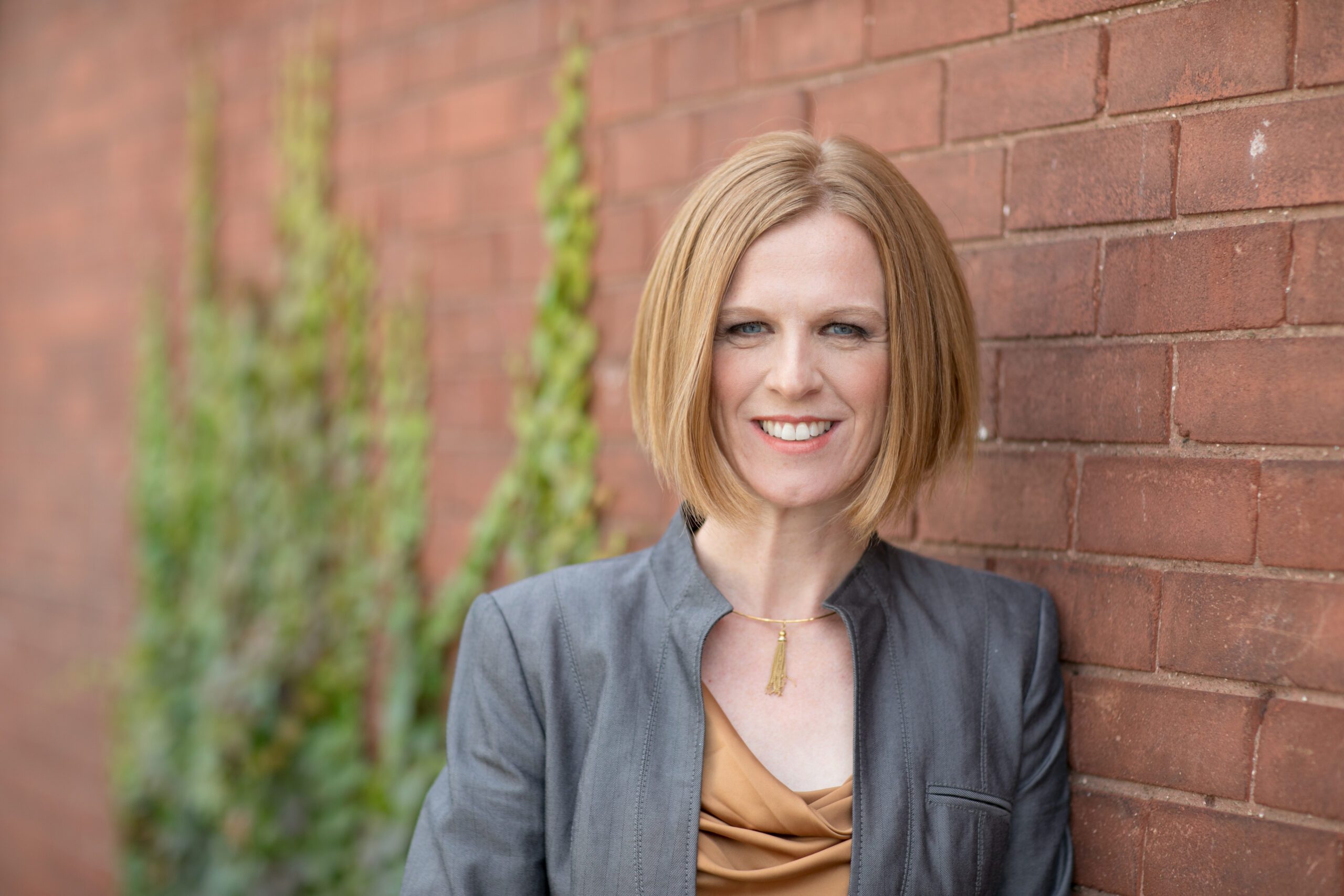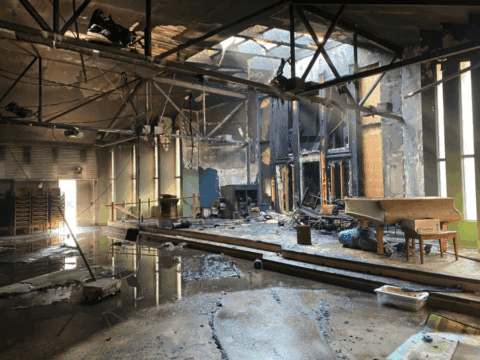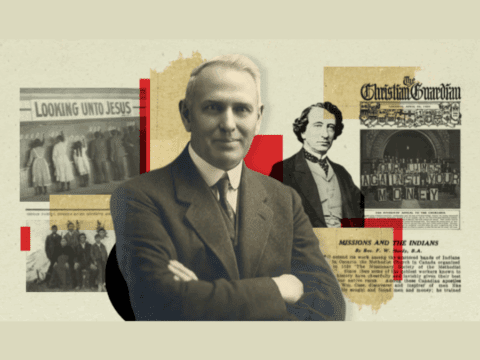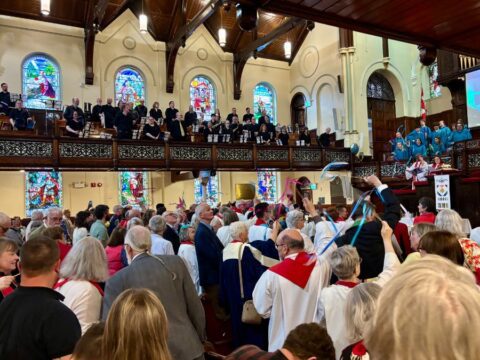I remember 1988. I was 13 years old, and the United Church was arguing about whether openly gay and lesbian people should be allowed to be ministers. My own congregation was largely against gay ordination and threatened to pull Mission & Service funding should it pass. In The Observer, it seemed that every other letter to the editor was quoting Leviticus.
It was a strange time to come of age. I didn’t know much about homosexuality beyond a few images in the media: The Village People. Men dying of AIDS. Sitcom characters pretending to be gay for laughs. I’ll admit, it was difficult to square those stereotypes with someone in a pulpit.
In August of that year, the United Church’s 32nd General Council met in Victoria and said yes to ministers of all sexual orientations. Many people left the church, but others stayed and grew in their understanding of sexual orientation and gender identity, including me. Over the years, I’ve come to know dozens of ministers who are lesbian, gay, bisexual, trans, queer or two-spirited.
Thankfully, those old stereotypes have fallen away, replaced by authentic relationships with real people.
Since spring 2017, the United Church’s Iridesce: The Living Apology Project has been collecting stories from before, during and after 1988, both to mark 30 years since the decision and to discern whether the church should apologize to LGBTQ2 people, their friends and their allies.
We featured some of these stories in the March issue of The Observer, and you can also find them at iridesce.ca.
It may seem counterintuitive to apologize for a groundbreaking decision that opened the door to LGBTQ2 ministers. Shouldn’t we simply celebrate? Iridesce project co-ordinator Aaron Miechkota says there are underlying questions to be addressed: Was enough support offered to help people heal after this rift? What hurt are we still carrying? How welcoming of LGBTQ2 people has the church really been?
The culture of the United Church has been shaped by how we’ve dealt — or not dealt — with the 1988 decision, she says. There were years afterward when we even feared to speak its name, referring to it cryptically as “the issue.” How has this experience of conflict influenced the church’s response to other difficult issues?
There were years afterward when we even feared to speak its name, referring to it cryptically as “the issue.” How has this experience of conflict influenced the church’s response to other difficult issues?
At the recent General Council meeting in Oshawa, Ont., Iridesce presented a play in which a dozen actors gave dramatic readings of reflections collected over the course of the project. Some of the stories were celebratory, and some conveyed important shifts in understanding, similar to the one I experienced. Many others were painful, shocking and bitter.
Interestingly, the play left open the question of whether an official apology is necessary. Miechkota says this was intentional. Her work has been to bring the stories to light; now, it’s the church’s turn to discern the next steps. Maybe an apology is needed, she says. Or maybe an expression of thanks to those who weathered the conflict, firm in their faith that whatever happened, God would see us through.
What she really wants is for the church to get better at listening, to be present to those who need to be heard — regardless of the issue at hand. Repentance, forgiveness, gratitude, real listening and hope for new understanding. That sounds to me like the church’s true calling.
This story first appeared in The Observer’s September 2018 edition with the title “The lasting legacy of 1988.”














